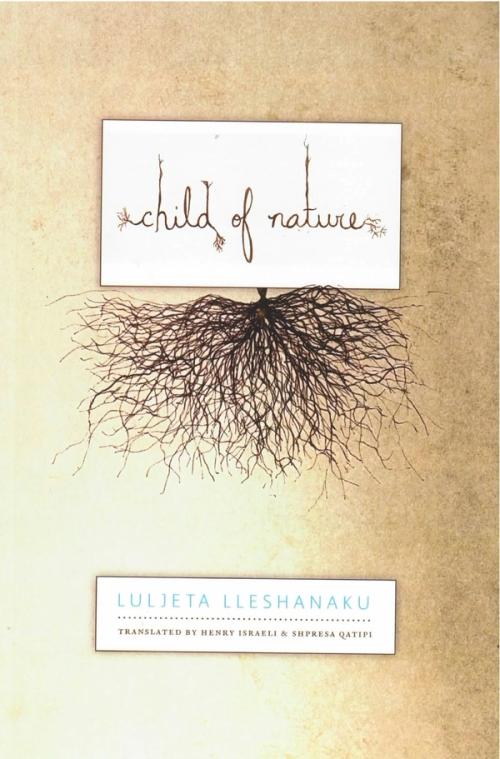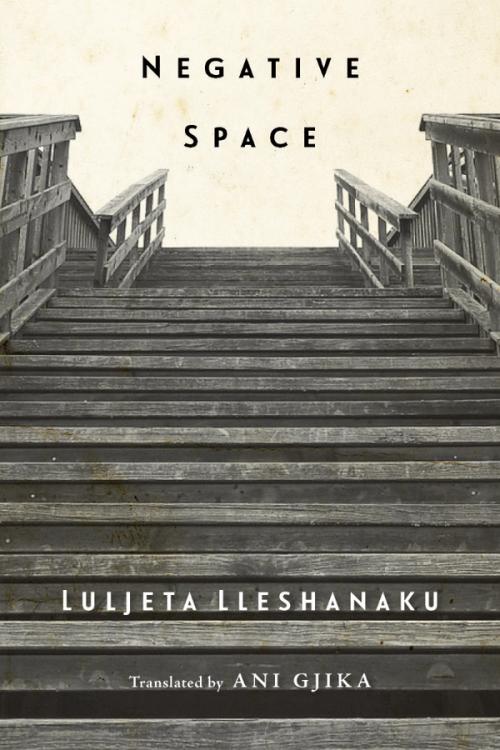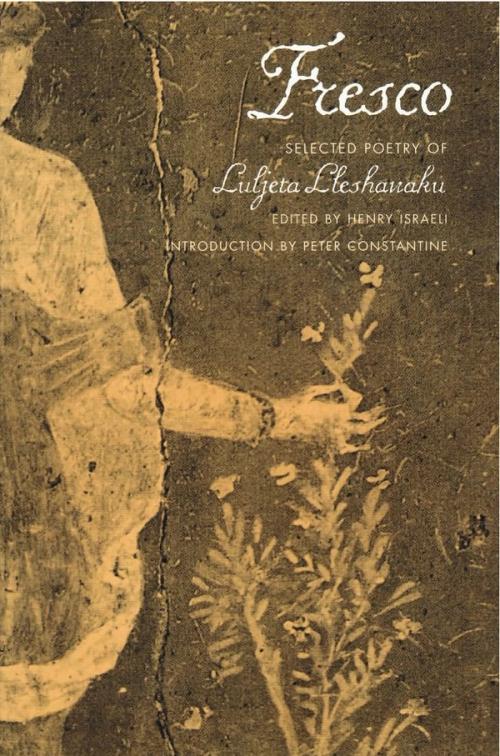Child Of Nature
Poetry by Luljeta Lleshanaku
In _Child of Nature, _Lleshanaku explores her country’s past in powerful lyrics. Here she turns to the fallout of her country’s past and its relation to herself and her family, and explores how these histories intertwine and influence her childhood memories and the retelling of her family’s stories. Sorrow, death, imprisonment, and desire are some of the themes that echo deeply in Lleshanaku’s beautiful poems, poems that Peter Constantine has called ’contemporary classics of world literature.’ Of her work, Albanian novelist Ridvan Dibra writes, ’When you close her book, the images don’t leave you. They cleave you open like a leopard’s paw, and enter into you. Once inside they create their own life, a second life, vastly different from the original.’
Paperback(published Feb, 01 2010)
- ISBN
- 9780811218474
- Price US
- 13.95
- Price CN
- 18
- Trim Size
- 6x9
- Page Count
- 108



